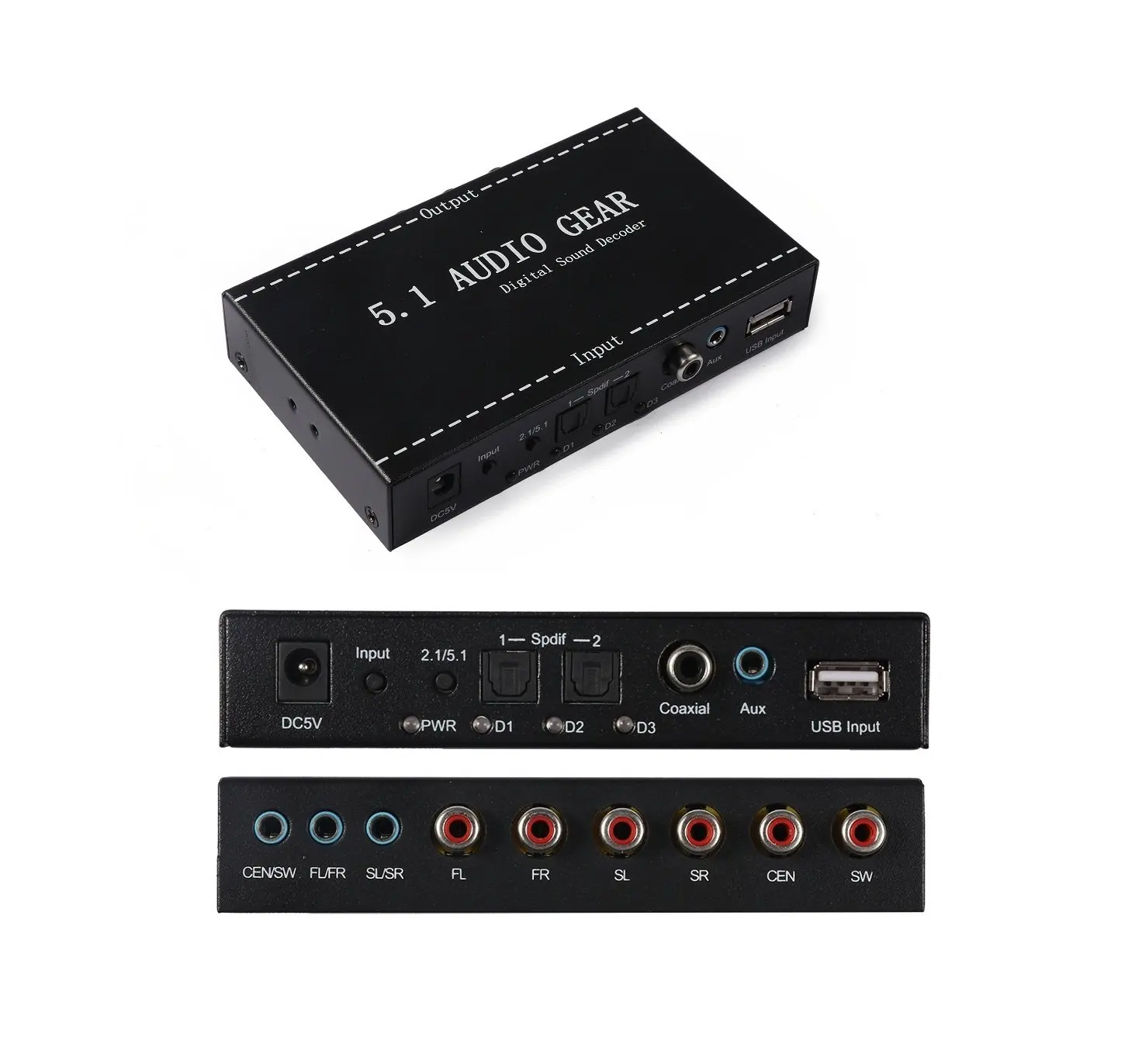

- #Portable dts decoder movie#
- #Portable dts decoder Patch#
- #Portable dts decoder license#
- #Portable dts decoder free#
For 7.1 tracks on a 7.1 setup it says DTS MA 3/4 on line one, and None on line 2. In the case of 5.1 tracks on a 5.1 setup it shows on line one DTS MA 3/2 and None on line 2 of the display.
#Portable dts decoder movie#
when watching a movie I can press the "Audio" button on the remote ("info" does this too) and it will tell me the incoming signal and the outgoing signal. This means I can easily go from 7.1 to 5.1 and back. With the Anthem there is the ability in the setup menu to set the aux output between surround backs and zone 2 on the fly. So, as I had a spare pair of Monitor Audio Radius R90's i thought I would hook them up and have a play to see what i found. Have we been demoing a 5.1 lossy DTS track when we thought we were demoing a "down mixed" (if i can use this, on AVS it has been stated there is no encoding going on, only decoding - implication of this is does there need to be encoding to go from 7.1 to 5.1 MA?) 7.1 to 5.1 DTS MA track. War Horse, Tron Legacy, Oblivion etc are all 7.1 and favourites for demoing systems. It has been stated by people at Anthem UK and USA that all receivers will only play the lossy 5.1 DTS core when playing a 7.1 DTS MA track on a 5.1 system. For those of you who haven't read that, there has been this discussion I don't have strong objections to proprietary apps using it, the decoder can be relicensed as LGPL if/when released as a library.For those of you who have read the Anthem threads on here and AVS you will be aware there has been some discussion as to what happens when you are playing a 7.1 DTS MA soundtrack on a 5.1 system.
#Portable dts decoder license#
PS: did you think about changing the license something like LGPL? This way, evil proprietary apps could use this decoder (but also other open source projects which dislike GPL). From the wording it seems it doesn't, thus I'm probably late with this :) I wonder if it includes lossless decoding requirement or not. (Then you could even add new fields to the struct without breaking ABI.)ĭidn't know the bounty existed. I don't think it'd be a problem to let your library return a pointer to a struct, which has all the information.
#Portable dts decoder Patch#
For example, the pending lavc patch "almost" decodes master audio. Sounds like he has a chance to cash it in. In fact, I'd volunteer for writing such a patch.įyi: vlc has a 4000 € bounty on this if you need further motivation. They want to improve their own decoder, but say a wrapper would be an acceptable temporary solution. I think it's likely that they would accept a wrapper for your lib. Audio isn't even that big in volume, and there are likely more important things.
#Portable dts decoder free#
allocate it in the lib, and provide a function to free it (and make it the user's responsibility)īoth would work well with libavcodec's AVFrame refcounting.Īnyway, it's not important, so better don't think about it.allow the user to allocate his sample data.(Then you could even add new fields to the struct without breaking ABI.)įor doing zero-copy, you could do one of two things: I don't think there's any API design specific to OSS. No problem at all, it actually motivated me to do a rewrite in C. Sorry, my initial reaction was being sour on D. Also I think libavcodec has some output gain problem with DTS (it sounds louder than it should).Īnyway, quite impressive. Yes, that's because of floating point used for all DTS core computations and a different IDCT algorithm used. AFAIK this is because the libavcodec decoder uses float instead of fixed point. They've also had someone add DTS-MA support to libavcodec's own decoder (and it will be merged soon), but it's not bitexact. Starting from scratch this year was much easier. Actually, over a year ago, when I did my first take on implementing DTS-HD MA decoder, I tried to base it on libavcodec implementation, but quickly realized this was not going anywhere as too many changes were required. Having a wrapper in libavcodec is an interesting option. I think Libav is quite interested in this decoder. I'd suggest aiming to integrate your decoder into libavcodec (either as a wrapper to your lib, or merging your work or parts of it into libavcodec). But the obvious winapi-like alternative of filling a user supplied structure is frowned upon is OSS I think.Īlso I think it should provide some way to do zero-copy decoding (maybe allow the user to provide his own buffer). I agree that having many output parameters is quite ugly. The API looks a bit complicated: the decode function (dcadec_context_filter) has a lot of output parameters, and they overlap with two other info functions.


 0 kommentar(er)
0 kommentar(er)
